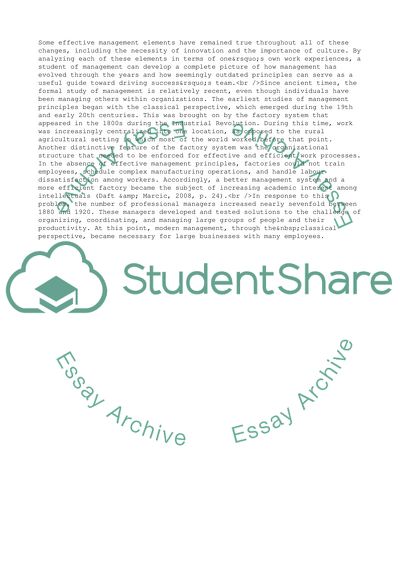Cite this document
(The Evolution of Management Case Study Example | Topics and Well Written Essays - 1750 words - 1, n.d.)
The Evolution of Management Case Study Example | Topics and Well Written Essays - 1750 words - 1. https://studentshare.org/management/1752125-evolution-of-management
The Evolution of Management Case Study Example | Topics and Well Written Essays - 1750 words - 1. https://studentshare.org/management/1752125-evolution-of-management
(The Evolution of Management Case Study Example | Topics and Well Written Essays - 1750 Words - 1)
The Evolution of Management Case Study Example | Topics and Well Written Essays - 1750 Words - 1. https://studentshare.org/management/1752125-evolution-of-management.
The Evolution of Management Case Study Example | Topics and Well Written Essays - 1750 Words - 1. https://studentshare.org/management/1752125-evolution-of-management.
“The Evolution of Management Case Study Example | Topics and Well Written Essays - 1750 Words - 1”. https://studentshare.org/management/1752125-evolution-of-management.


